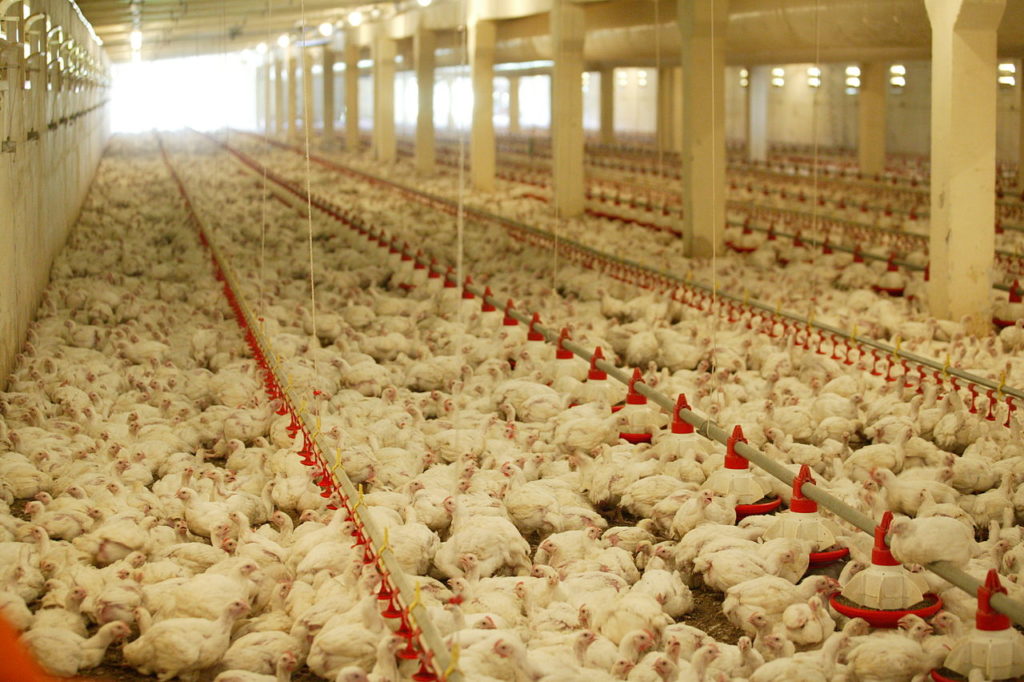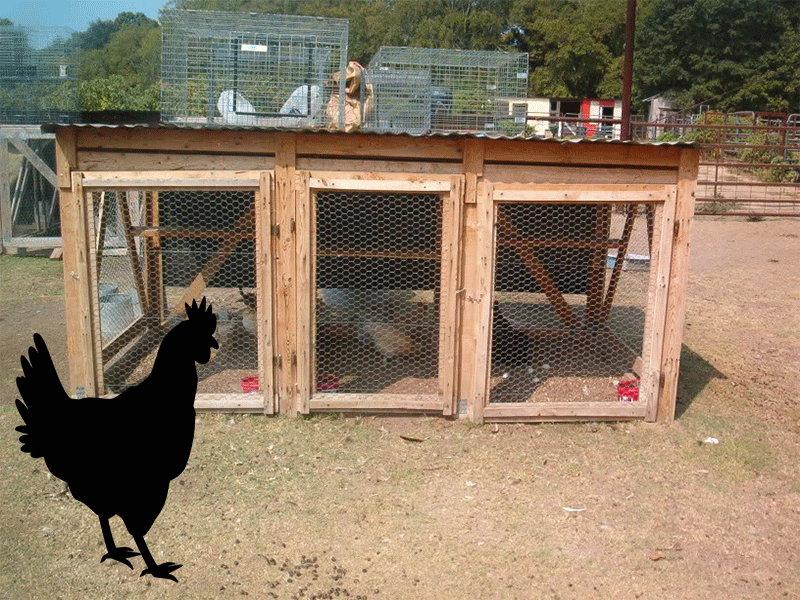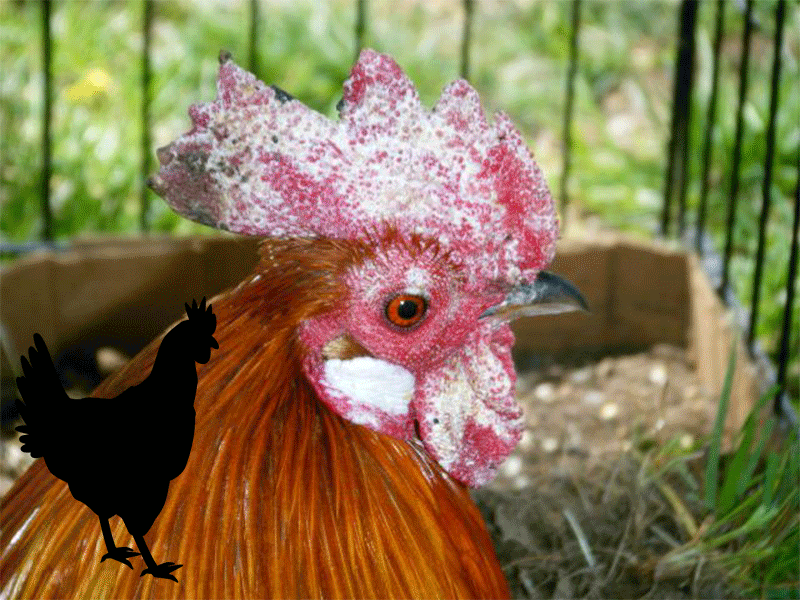Compared to other forms of livestock, chickens happened to be the easiest and lowest maintenance livestock that you can keep.
Chickens care is fairly simple if you are committed to easy daily tasks. Unlike dogs, they don’t need to be taken out for walks and will always look after themselves quite efficiently.
Many breeds will also provide you with a lifelong supply of eggs so all you need to do is to feed them and collect the eggs every day. Caring for your chickens only takes a few minutes every day and just an hour or so for your weekly or monthly cleaning duties.
The type of care you give to your chickens depends on your personal preferences. Some people even give the chickens occasional baths just for the love of it.
Let’s now look at some of the key things you need to do for your chickens from the moment you bring them home.
On Arrival of The New Flock
It is exciting to finally bring your chickens to your home and watch them as they settle in or explore the new surroundings.
It is also equally exciting when you collect your first batch of eggs. To help your chickens settle in as fast as possible here are a few things you need to do:
Getting Chickens Accustomed to the New Environment
It goes without saying that your chicken coop should be completely ready before you bring your first batch of chickens home.
You need to ensure that they have a quick and hassle-free transition from the previous home to your chicken coop.
If you brought them in a cardboard box, place the box inside the coop so they can jump out when ready or gently lift it if you think they are too shy to get out by themselves.
We recommend that you leave the chickens closed inside the coop for the first day so they can explore the new environment and discover where to go for food and water.
Check on them several times to see how they are doing and ensure that they are securely locked up at night.
Socializing New Chickens with Other Pets
If you have other pets like dogs in your homestead it is important to avoid introducing the chickens to the pets while they are still struggling to settle in.
Pets that share the same compound or garden with your chickens can easily scare your new birds. So, make sure to supervise the introduction before you leave the animals alone in your compound.
Fortunately, chickens learn to get along with cats and dogs quite easily after some time. In fact, the biggest task will be to train your dog or cat to accept the chickens as new members of the home and avoid chasing them around.
Make sure your dog understands basic commands such as yes and no. Have the dog on a leash when introducing it to the chickens and allow them to mingle freely. You can even allow the dog to sniff the chickens all the chickens to peck on the dog’s nose and see how they react with each other.
Keep a close eye on the dog and be prepared to intervene when the dog tries to chase or bite the chickens. If the introduction doesn’t bear fruits after several attempts you may consider building a different run for your chickens that your dog cannot access.
Cats are fairly easy to control because they are hardly interested in chickens and of course chickens later grow to be bigger than cats. Most chickens can stand up for themselves and fend off cat attacks. With time your cat will learn to give chickens their space.





